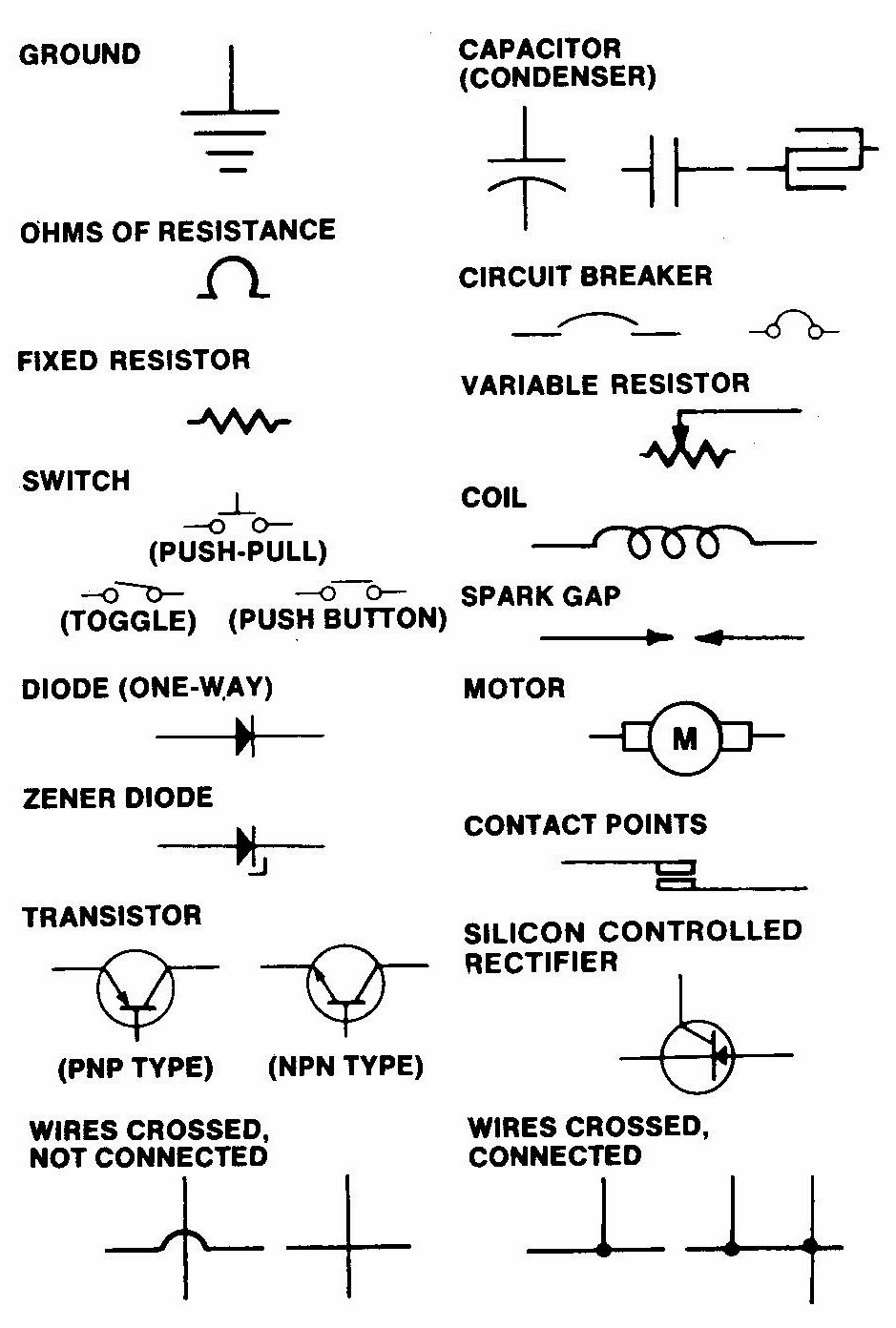AC Vacuuming Without a Pump? Explore the Possibilities

Is it possible to effectively purge the air and moisture from your car's AC system without a dedicated vacuum pump? This is a question many DIY car enthusiasts ponder, especially when faced with a malfunctioning AC and a limited budget. While a vacuum pump is the industry standard for evacuating an AC system, some alternative methods exist that might provide a temporary or partial solution.
The importance of evacuating an AC system lies in removing air and moisture. Air introduces non-condensable gases that reduce cooling efficiency. Moisture, even in small amounts, can react with the refrigerant and form harmful acids, damaging the system's components over time. Traditionally, a vacuum pump achieves this by creating a low-pressure environment that draws out these unwanted elements.
Historically, before the advent of specialized vacuum pumps, mechanics relied on methods like pushing refrigerant through the system to expel air. However, these methods were far less effective and couldn't achieve the deep vacuum needed for optimal AC performance. The development of vacuum pumps revolutionized AC servicing, ensuring a thorough evacuation and extending the lifespan of the system.
Trying to evacuate an AC system without a pump presents several challenges. Achieving a sufficient vacuum level is extremely difficult, if not impossible, without specialized equipment. Residual air and moisture can compromise the system's performance and lead to premature component failure. Furthermore, improper handling of refrigerant can pose environmental and health risks.
Understanding the underlying principles is crucial. A vacuum pump creates negative pressure, essentially sucking out the air and moisture. Alternative methods attempt to displace or push out these contaminants, but they rarely achieve the same level of effectiveness. While some claim success with DIY techniques, the long-term implications on the AC system are often overlooked.
While achieving a perfect vacuum without a pump is unlikely, some individuals attempt to purge the system using the refrigerant itself. This involves carefully introducing refrigerant and releasing it in short bursts, hoping to carry out air and moisture with it. However, this is not a recommended practice as it's inefficient, can waste refrigerant, and doesn't guarantee a proper evacuation.
One possible benefit of attempting these alternative methods is the potential cost savings by avoiding the purchase or rental of a vacuum pump. However, this cost saving is often offset by the potential for long-term damage to the AC system, requiring more expensive repairs down the line.
Advantages and Disadvantages of Evacuating Without a Pump
| Advantages | Disadvantages |
|---|---|
| Potential cost savings (avoiding pump rental/purchase) | Ineffective evacuation, leading to reduced cooling performance |
| Possible temporary fix in emergency situations | Risk of damaging the AC system due to residual moisture and air |
| Waste of refrigerant and potential environmental harm |
Frequently Asked Questions:
1. Can I use a shop vac to vacuum my car AC? No, a shop vac is not designed for this purpose and will not achieve the required vacuum level.
2. Is there a way to completely evacuate an AC system without a pump? No, a specialized vacuum pump is essential for proper evacuation.
3. What are the risks of not properly evacuating an AC system? Reduced cooling efficiency, compressor damage, and shortened system lifespan.
4. Can I use compressed air to blow out the AC system? No, this will not remove moisture and can introduce contaminants.
5. How long does it typically take to evacuate an AC system with a pump? It depends on the system size, but usually around 30-45 minutes.
6. How often should I evacuate my car's AC system? Typically, evacuation is performed during repairs or component replacements.
7. What are the signs of a poorly evacuated AC system? Weak cooling, unusual noises, and premature compressor failure.
8. Can I recharge my AC system without evacuating it first? It's not recommended, as existing air and moisture will compromise the new refrigerant's performance.
In conclusion, while the allure of evacuating a car's AC system without a pump might be tempting due to potential cost savings or perceived simplicity, it's crucial to understand the limitations and risks involved. While some makeshift methods might offer a temporary fix in emergency situations, they rarely achieve the deep vacuum needed for optimal AC performance and longevity. The long-term cost of improper evacuation can far outweigh the initial investment in a vacuum pump. A properly evacuated and charged AC system will provide efficient cooling, prolong the life of the system components, and prevent costly repairs down the line. Investing in the right equipment and following recommended procedures is essential for maintaining a healthy and efficient car AC system. If you're unsure about handling refrigerants or working on your AC system, consult a qualified automotive technician.
Pounds to cups dry measure your kitchen conversion guide
Etowah county arrests recent bookings
Uplifting morning memes for her a guide to inspirational digital greetings













